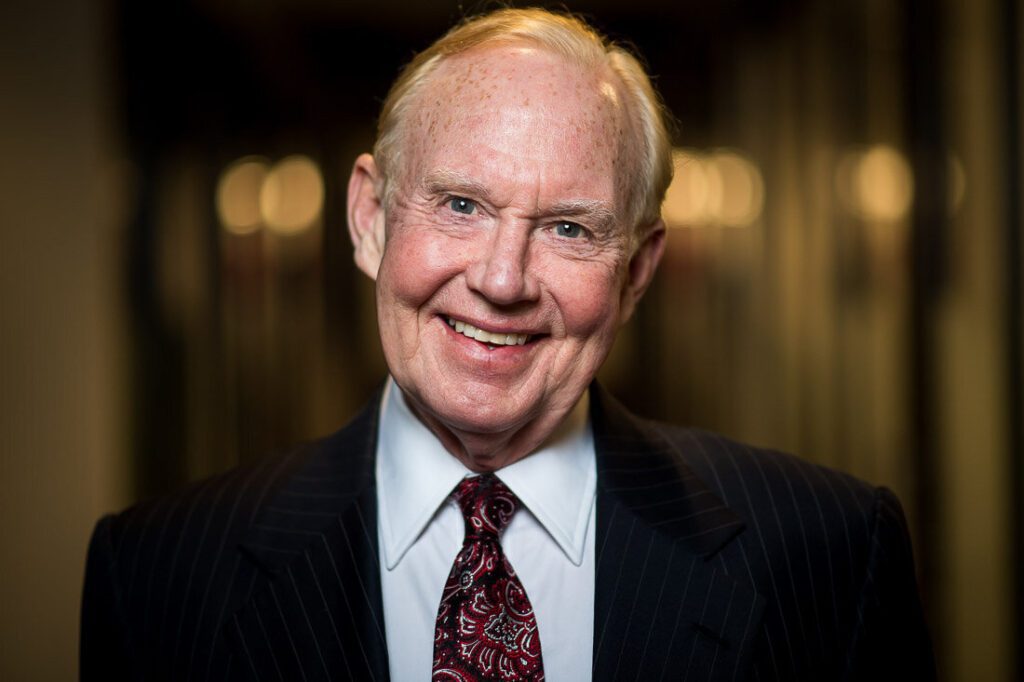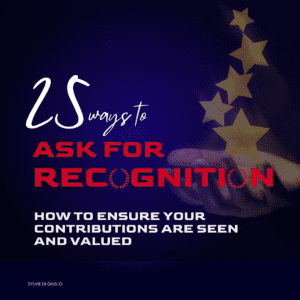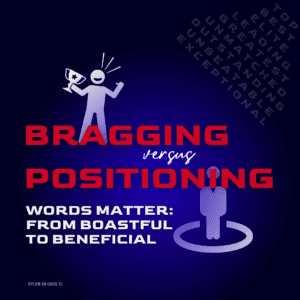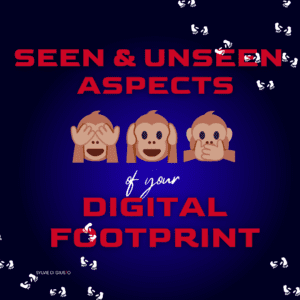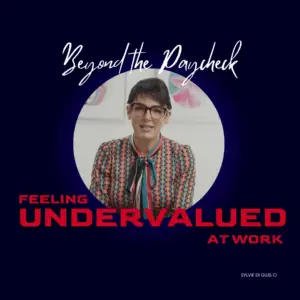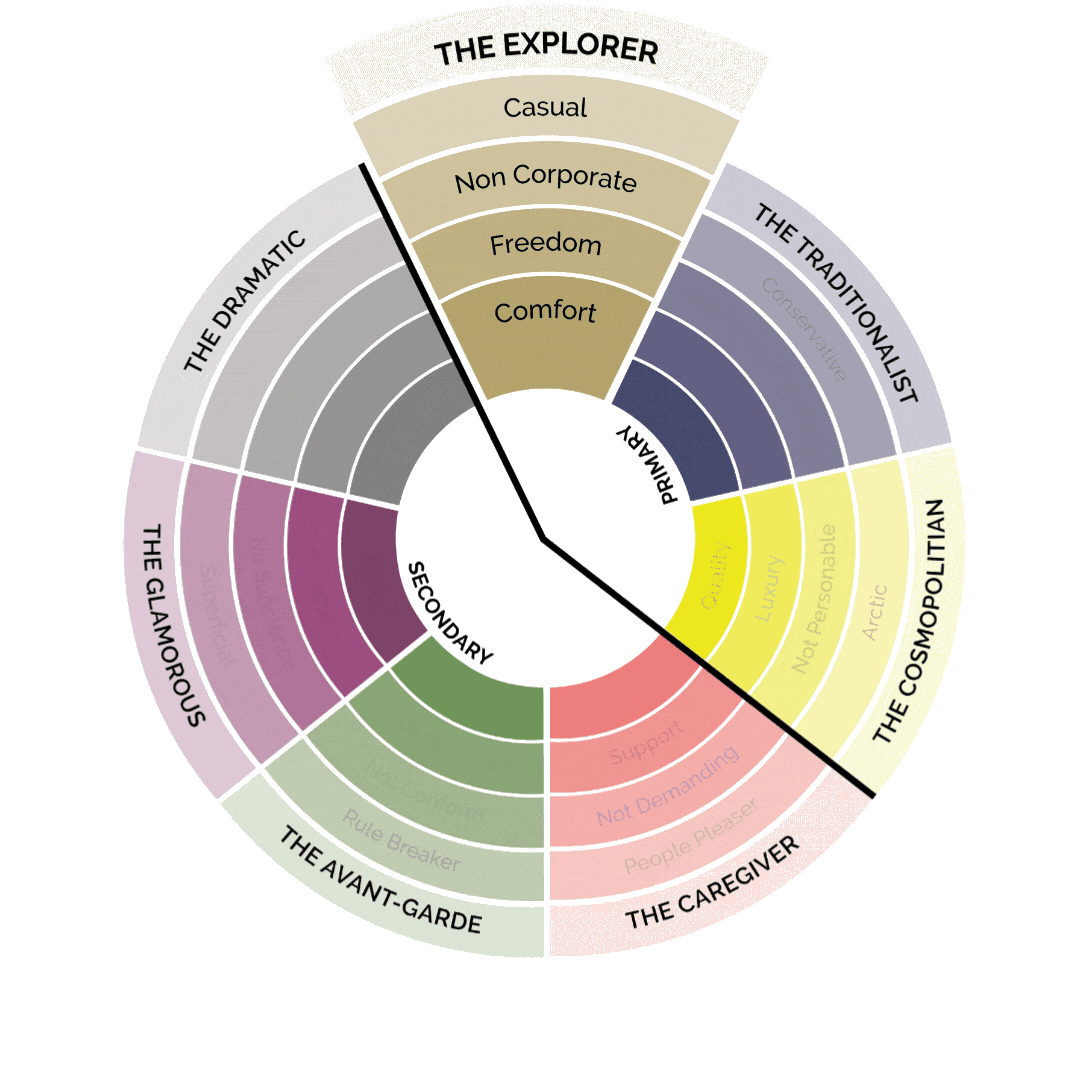SO, YOU ARE RUNNING FOR OFFICE?
Your Image and Brand — An Interview with Sylvie di Giusto and Jay Townsend
I had the pleasure of sitting down with Jay Townsend, Political Consultant and Campaign Strategist, who has served as a speechwriter, debate coach, poll taker, scriptwriter, strategist, print and advertising specialist in four presidential campaigns, scores of U.S. Senate, Gubernatorial and Congressional races, and a myriad of County Executive, Mayoral, legislative and judicial contests.
Watch the video below from Jay Townsend’s Youtube Channel, which includes more than 250 free videos on the art of political electioneering that will help candidates who are running for office better navigate the minefields of political discourse. The videos make the sometimes complicated aspects of political campaigns simple and easy to understand. Or, read the transcription of our conversation below.
Intro
 Jay Townsend (00:03): I’m Jay Townsend. I’m here today to introduce a great friend of mine in this world with whom I will soon celebrate a decade of friendship. Her name is Sylvie di Giusto. She is the bestselling author of a book called “The Image of Leadership.” She is one of the world’s foremost experts on branding, marketing, creating a great public image, and the all-important topic of how to make a good impression with all that you need. I would also say that Sylvie is kind of a kindred spirit in that we both share an insatiable intellectual curiosity just about everything. And it is to Sylvie that I would also pay one of the highest compliments I could pay any human being. Every time I talked to Sylvie, I learned something I did not know. Sylvie, that’s a compliment.
Jay Townsend (00:03): I’m Jay Townsend. I’m here today to introduce a great friend of mine in this world with whom I will soon celebrate a decade of friendship. Her name is Sylvie di Giusto. She is the bestselling author of a book called “The Image of Leadership.” She is one of the world’s foremost experts on branding, marketing, creating a great public image, and the all-important topic of how to make a good impression with all that you need. I would also say that Sylvie is kind of a kindred spirit in that we both share an insatiable intellectual curiosity just about everything. And it is to Sylvie that I would also pay one of the highest compliments I could pay any human being. Every time I talked to Sylvie, I learned something I did not know. Sylvie, that’s a compliment.
So recently, Sylvie penned an article, and I want to make sure I get the title of this correct. Sylvie, you penned an article titled “Comment influencer les électeurs et l'importance de la première impression en politique.” There’s a lot of terrific information in that piece, and I know from attending some of your webinars and seminars that you’ve kind of packaged what you do to help people create a great brand and a great image into something you call the A B C D Es. And I wonder if you could kind of dive into that, and then we’ll kind of go through them one by one for the benefit of the candidates who watch this YouTube channel.


How voters make rapid-fire decisions


















And it happens on the backside of our mind without us really noticing. But once we know that those things happen and why they happen, we can better control them. And this is where the A B C D E framework comes in. So as a candidate, if you are running for an office, no matter if it’s for a small local office or a very important nationwide office, the principles are always the same.
How your appearance matters when running for an office


















How your behavior matters when running for an office


















How your communication matters when running for an office



Very often, we speak without saying words with our bodies, for example. Your body language, your facial expressions, those are all sub-information that we add to our words. And if they are different, voters just feel uncomfortable. You are behaving in a certain way, but you are saying something different, right? And the most important part of communication is actually not speaking. It is listening. Are you an active listener? Or do you just go out to your events with your message in mind, which is important, and you want to share that message with potential voters, but you actually don’t listen to them and their questions and react to their questions with the right answers? So the A, B, C is kind of the basic formula that you need to take into conservation, but I added the D. And why that?
How your digital footprint matters when running for an office


















How your environment matters when running for an office


















Why a suit is not always the best idea when running for office


































However, the second group after yourself you have to take into consideration is your audience, your potential voters. What do they want? They want to feel that you are one of them; that you understand their lives; that you understand their issues; that you understand the circumstances that they live in. Now, there is no statistic for how people dress in Pennsylvania, but if we follow our gut feeling, what do you think? Will you see more people in Pennsylvania wearing a suit every single day or something rather casual? So he did a very smart thing that might change in the future, the more responsible he becomes and the more his audience changes, right? But for that specific campaign, what he did is he signalized visually, “I’m one of you. I understand your issues. I’m not putting myself on a pedestal, and I’m higher than you, or I’m better than you. I’m dressing up because I have to represent you somewhere else.” He made himself one of them. And as we see, it was very successful.


































Why you cannot lose your temper when running for office


































How leakage can distract your voters when running for office




































































Why you need to own, control and build your digital footprint running for office
















And one day, I noticed some Facebook posts with grainy pictures and graphics that weren’t properly put on the page. And during the meeting, I said to the campaign staff, who’s doing these graphics for you? They said, well, we’re relying on a volunteer. And I said, you need to fire this volunteer because this volunteer is making your candidate look like doodoo. Because when their digital footprint looks like slop, people will assume that this guy is slop. They objected to what I said, but it wasn’t very long after that that I noticed the candidate completely changed his staff and started insisting on good-looking graphics. But it was a point, that this is not a place to scamp. If the picture you’re using is awful, my God, go get some help and get somebody who knows what they’re doing because this may be the only impression you make with some of the voters. But digital media is more than Facebook. It’s now Twitter, TikTok, and YouTube, what am I missing? Instagram.


















So you need to make sure that you own your name on the internet, no matter if you are planning to use all the social media platforms. The same is true for your website. You need to own your URL. Even if you are not ready to put a website on right now, the URL has to be yours. Because otherwise, somebody else could grab it and build a website.
And then second, you need to purposefully create an online footprint. Every single day, people are going to Google your name, and you cannot control that anymore. But what you can control is what they actually find. So the more strategically and purposefully you create the content and put it in front of them, the more unlikely they’ll find something that you don’t want them to see, which shouldn’t be out there in the first place anyway. But maybe you also have a long corporate career, and everything that they find out about right now is about that corporate career. Or you are a small business owner, and everything they find about you is your information as a business owner. So you need to very purposefully create content that lands on page one of Google so that when potential voters search for you, they instantly identify you and see that it is you and will check you out. And how do they do that? By your appearance, by your behavior, and by your communication, and your environment. Meaning appearance, what are the visuals that are out there? How do you look like in pictures? What is the quality of the pictures? Is it just a random selfie that you took? Or are you so established that even if you are at the beginning of your political career, you at least hired a professional photographer for a headshot for some lifestyle shots?
What are you wearing in those pictures? The principles apply offline and online. The same is true for your behavior. How are you emotionally balanced on the internet? If somebody attacks you on your Facebook page, how do you react to that? What are your business etiquette skills? How do you behave? What is your attitude? Do you showcase your attitude positively on social media or negatively? What are the words that you use? And while they might not hear our voice in text posts, we can hear it in between the lines. But maybe you also have videos where we can see you. So all the principles that apply to the A, B, C in real life, including the environment, also apply online. But there is one big difference. And the difference is that it’s accessible all the time. If you are in a room and, and you say something without really planning it through—in the moment you send it out loud, you know, oh, that was probably not the smartest way to say it—it’s gone. As long as it’s not captured with a phone or the press is there, it’s gone. It evaporates in the air. Not the same on the internet. Once you said something, it’s out there. And even if you go online ten minutes later and delete that post, chances are somebody took a screenshot, and chances are somebody can retrieve that post. So it’s out there forever. It doesn’t happen in the moment. It happens for eternity. And that is a big risk.
Why consistency is key if you are running for office


































Our brain likes to think in patterns, and you need to offer them a pattern, a consistency in the way you appear also online. So your brand needs to be consistent along all social media platforms. However, what you can still do is once you have defined your brand, you can adjust your messaging based on the audience you have on that platform. Not saying that you are a different person, but saying that on TikTok, what will bring you in front of a huge audience is probably simple videos, straightforward, talking into the camera, using encouraging motivating language, because that’s what the audience on TikTok wants to see.
But if you draft a LinkedIn post, you probably want to position yourself more as the in-depth expert there. Those are the topics I’m going to handle for you. Those are the areas I have identified that are wrong. And here are the solutions that I offer all of us to fix. While if you go on YouTube and you present yourself as an expert in front of a camera like we just do, then it’s probably more of a conversational style. Either you talk to the camera and explain a complex topic, or you invite somebody and discuss an issue with them. So while you have a consistent brand over all the platforms, it’s important to adjust the way you communicate on those platforms based on who you are trying to reach.
Why distraction is your worst enemy if you are running for office


































I share another example. Years ago, a Governor ran for the second time in his state and, yes, got reelected and had a fantastic speech that evening when he got reelected. It was very emotional, it was very driven, and it was beautiful to listen to. Behind him on camera was his wife, and she somehow was distracted. She looked around. She talked to people. Obviously, we couldn’t hear what she was seeing. She started fumbling around with her hair. Then she fixed her bra at one point. She was just not in the moment while all eyes were on him—supposedly. What happened the next morning, the press was full of messages and information about her, not about the very important things that he said as he got reelected. Not about the promises that he made for his state; it was all about his wife. And in fact, they already went three steps further and questioned her ability, in case he would ever run as president, would she be a good first lady representing us this way? So you need to make sure that everybody on your campaign team, and I always include the family into that campaign team too, is on stage 365 days too. Your campaign can be easily ruined, not by just yourself, it can be ruined by somebody you hired for your social media. Somebody you are married to. Somebody you gave birth to. And they don’t even have to do this on purpose, but they need to understand that they are on your campaign team and that a lot of media and press is driven by negativity bias. So whatever they want to find, they’re going to find it.


































Final thoughts and advice for your candidates who are considering running for office





































































That is very sound advice.




































































Thank you. You have a wonderful day.
Contact Jay Townsend
Political Consultant | Campaign Strategist
- Political Consulting; Candidate Training:
- Developing a Compelling Campaign Message
- Crafting Slogans Voters Remember
- Producing Compelling Videos, Television and Radio Ads
- Designing Persuasion Mail Voters Want to Read
- Helping Candidates get what they want from TV, Radio and Newspaper Interviews
- Debate Preparation
- Helping Candidates Design Smart Campaign Strategies
